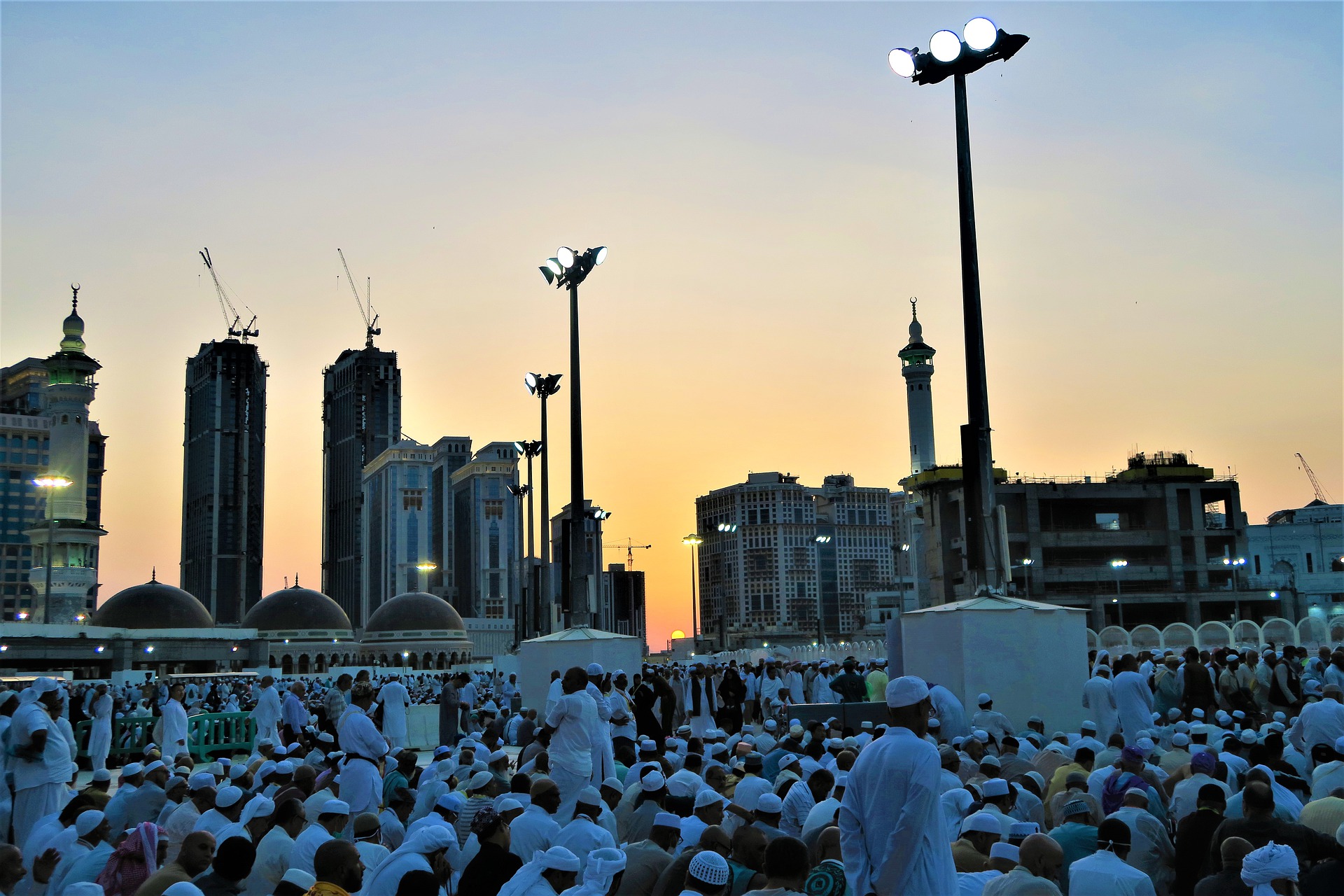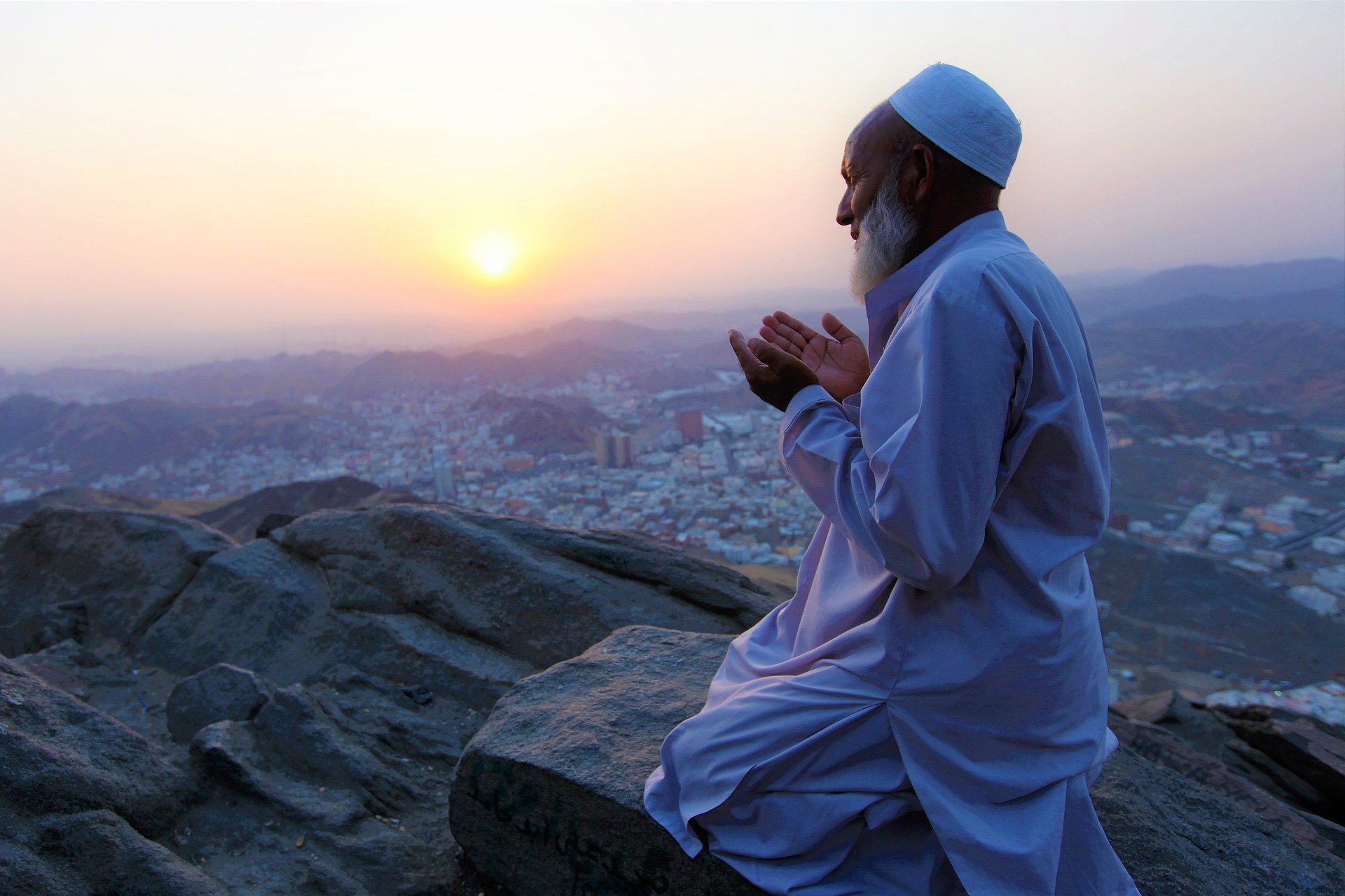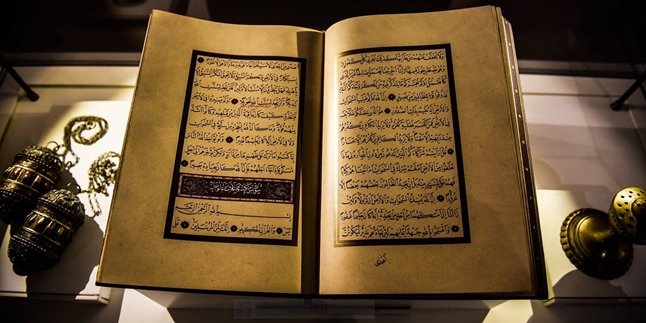Kapanlagi.com - Fasting during the month of Ramadan is an obligation that must be observed by every Muslim. In this case, Ramadan fasting falls under the category of obligatory fasting. If there are obligatory fasts, then there are also voluntary fasts in Islam. The voluntary fasts that can be practiced after Ramadan can be performed to earn multiplied rewards.
Ramadan is indeed a blessed month eagerly awaited by every Muslim. Based on its legality, fasting is divided into two categories: obligatory fasting and voluntary fasting. Obligatory fasting is defined as fasting that must be observed by every Muslim, and failure to observe it will result in sin.
On the other hand, voluntary fasting is a fasting worship that is allowed to be skipped, but it is recommended to perform it in order to earn rewards. As it is known, Ramadan fasting is obligatory for Muslims. However, besides Ramadan fasting, obligatory fasting can also be found outside of this month.
Among them are fasting vows and fasting penalties or kifarat. Similarly, sunnah fasting that can be practiced after Ramadan. One of them can be started after Eid al-Fitr. Of course, performing sunnah fasting can bring benefits to worldly and afterlife.
So what are the types of sunnah fasting that can be practiced after Ramadan?
The types of sunnah fasting known in Islam have been exemplified by the Prophet Muhammad. These sunnah fasts can certainly bring blessings and high rewards. Here are 9 types of sunnah fasting that can be practiced after Ramadan, summarized from various sources.
1. Syawal Fasting

Eid Fasting (credit: freepik.com)
The types of voluntary fasts that can be practiced after Ramadan can be started with Syawal fasting. Syawal fasting itself falls in the month of Syawal, which is the tenth month in the Hijri calendar. The month of Syawal can also be marked by the celebration of Eid al-Fitr, which falls on the first day of Syawal.
In the month of Syawal, Muslims are encouraged to increase their worship and devotion to Allah SWT. This is because there are many virtues that Muslims can obtain when performing various acts of worship in the month of Syawal. One of them is by observing Syawal fasting.
This type of voluntary fasting is performed for 6 days in the month of Syawal. The fast can be started on the second day after Eid al-Fitr. Observing Syawal fasting has virtues as mentioned in a hadith narrated by Muslim, from Abu Ayyub Al Anshori, where the Prophet Muhammad (SAW) said,
"Whoever fasts in Ramadan and then fasts six days in the month of Syawal, it is as if he has fasted for a whole year." (Narrated by Muslim).
2. Arafah Fasting

Arafah Fasting (credit: pixabay.com)
Another type of recommended fasting is Arafah fasting. This fasting is performed on the 9th of Dhu al-Hijjah for Muslims who are not performing the Hajj pilgrimage. However, for Muslims who are currently performing the Hajj pilgrimage, according to the opinion of Imam Shafi'i, it is better for them not to fast on Arafah.
This is because it aims to strengthen their ability to perform the Hajj pilgrimage and to pray. In addition, Arafah fasting also has many virtues, including the forgiveness of sins, being saved from the punishment of hellfire, and having prayers answered quickly.
So, you can perform the Arafah recommended fasting after Ramadan to obtain abundant rewards.
3. Tasu'a Fasting

Tasu'a Fasting (credit: freepik.com)
Tasu'a fasting is a voluntary fasting that is performed on the 9th of Muharram. This voluntary fasting is done to complete the Ashura fasting, which falls on the 10th of Muharram.
As it is known, in the month of Muharram, Prophet Muhammad SAW encouraged his followers to increase their voluntary acts of worship, one of which is fasting. However, the scholars also state that it is permissible to fast on Ashura without fasting on Tasu'a, as someone may have obstacles such as illness, traveling, or other important matters.
4. Ashura Fasting

Asyura Fasting (credit: pixabay.com)
Ashura fasting is a voluntary fasting that is performed on the 10th of Muharram. This voluntary fasting has many virtues that can be obtained by Muslims when they perform it.
"The most virtuous fasting after the fasting in Ramadan is the fasting in the month of Allah (syahrullah) Muharram. And the most virtuous prayer after the obligatory prayer is the night prayer." (HR. Muslim, no. 1982).
Therefore, performing Ashura fasting becomes a voluntary fasting that can be done after Ramadan. It even becomes one of the most virtuous voluntary fasts.
5. Sya'ban Fasting

Sya'ban Fasting (credit: freepik.com)
One of the recommended voluntary fasts after Ramadan is Sya'ban fasting. Sya'ban fasting is a fasting worship performed in the month of Sya'ban. Sya'ban fasting can be done in the middle of the month or at the end of the month.
"Allah's Messenger used to fast until we thought he would never stop fasting, and he would abandon fasting until we thought he would never fast. I never saw Allah's Messenger fasting for a whole month except the month of Ramadan, and I never saw him fasting more in any month than in the month of Sya'ban." (HR. Bukhari, Muslim, and Abu Dawud).
6. Ayyamul Bidh Fasting

Puasa Ayyamul Bidh (credit: freepik.com)
Ayyamul Bidh fasting is a recommended voluntary fasting performed in the middle of the month. It is recommended to fast on the 13th, 14th, and 15th dates in the Islamic calendar. This fasting can be done for three days every month.
"Fasting for three days each month is like fasting for the whole year. Ayyamul Bidh fasting is on the 13th, 14th, and 15th dates." (HR. An-Nasa'i no. 2419)
7. Fasting on Mondays and Thursdays
As the name suggests, this is a type of voluntary fasting that can be practiced after Ramadan, namely fasting on Mondays and Thursdays. This voluntary fasting is done only on Mondays and Thursdays.
There are many benefits of this voluntary fasting for Muslims. Among them, all the deeds of Muslims on Mondays and Thursdays will be examined by angels.
"All the deeds of human beings on Mondays and Thursdays will be examined by angels, so I am happy when my deeds are examined while I am fasting." (HR. Tirmidhi)
8. Fasting of David

Daud Fasting (credit: freepik.com)
Another type of voluntary fasting is the fasting of David. This voluntary fasting is done alternately, meaning fasting one day and not fasting the next day.
The benefits of fasting of David include bringing sustenance, being protected from sinful deeds, always thinking positively, sincerely accepting the decree of Allah SWT, and so on.
9. Tarwiyah Fasting
Tarwiyah fasting is a recommended voluntary fasting performed on the 8th of Dhu al-Hijjah. This fasting is recommended for Muslims who are not performing the Hajj pilgrimage. During the month of Dhu al-Hijjah, Muslims are encouraged to fast on important dates, including Tarwiyah fasting (8th of Dhu al-Hijjah) and Arafah fasting (9th of Dhu al-Hijjah).
So those are the 9 voluntary fasts that can be practiced after Ramadan, starting with the Shawwal fasting. This way, Muslims can earn multiplied rewards even though Ramadan has ended.
(kpl/nlw)
Disclaimer: This translation from Bahasa Indonesia to English has been generated by Artificial Intelligence.



















